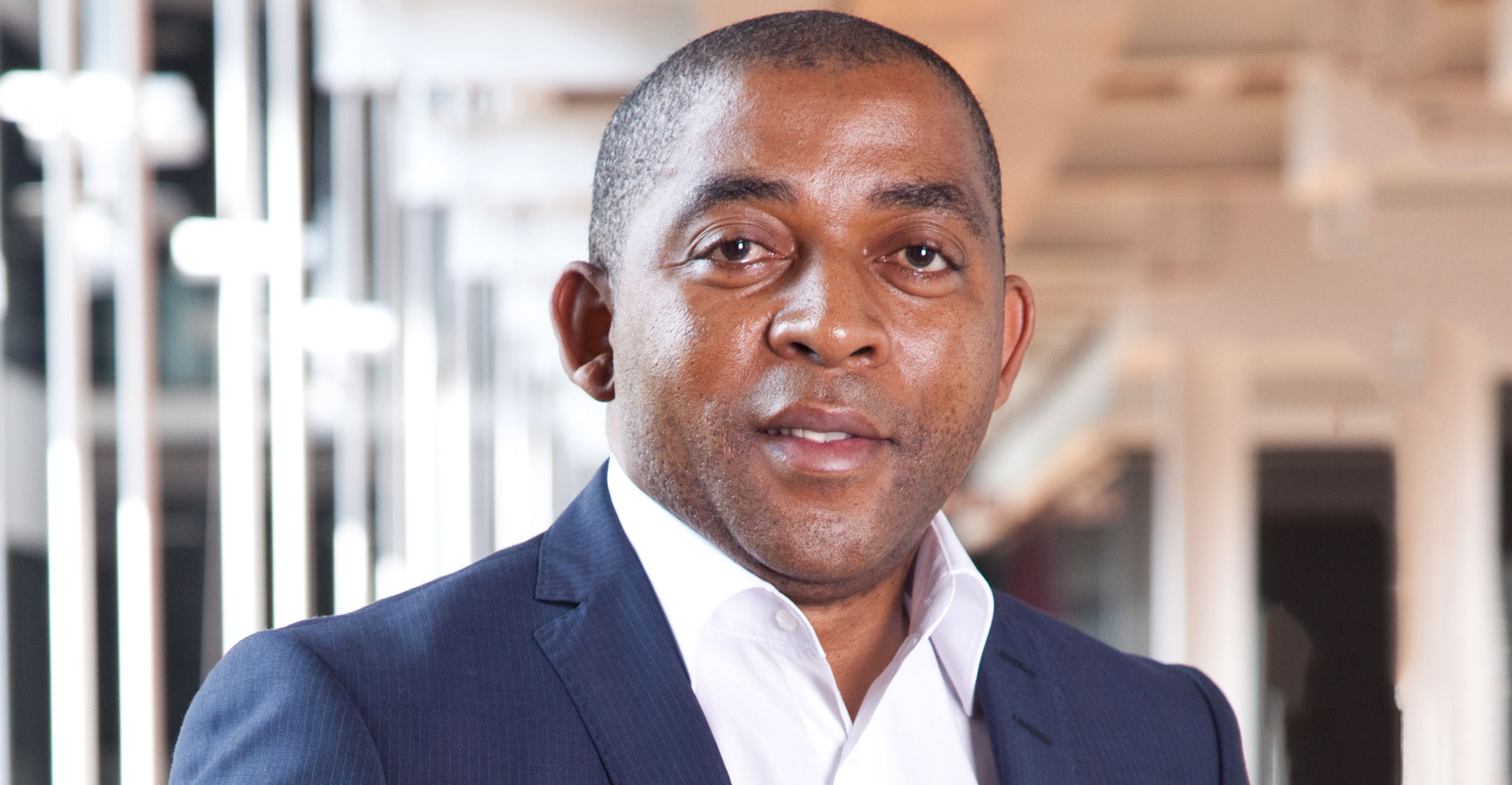
Top South African businessmen called upon to help save ailing state-owned companies are abandoning their posts, frustrated by indecision and political interference.
Post Office CEO Mark Barnes, a former investment banker, on Thursday became the latest chief executive to quit. His announcement came after former banking executive Phakamani Hadebe left power utility Eskom and ex-Vodacom executive Vuyani Jarana resigned from South African Airways last month.
The departures highlight the quandary confronting President Cyril Ramaphosa. His plans to revive the country’s faltering economy are floundering because of infighting in the ruling party and legal challenges that are undermining his authority.
“It’s become increasingly obvious to private-sector talent that there is too much micromanagement going on and too much political balancing and interference, which blocks decision making,” said Peter Attard Montalto, the head of capital markets research at research company Intellidex. “Ultimately, it means if all this plays out that talent levels decline.”
The walk-out of top talent has forced the government to often appoint placeholder executives. Four critical state institutions — Eskom, transport and logistics company Transnet, South African Airways and state pension-fund manager the Public Investment Corp — all have acting CEOs.
ASAP
The circumstances under which executives have departed various entities were decidedly different, said Adrian Lackay, a spokesman for the public enterprises ministry, which oversees the biggest state companies, including Eskom and SAA. The government will prioritise strengthening and reconfiguring their boards, and vacant CEO posts will be filled as soon as possible, he said.
It’s not a wholesale exit. Business executives like Rothschild & Co chairman Martin Kingston and former Absa Group CEO Maria Ramos are helping out at South African Airways and the PIC respectively.

To attract more talent from the private sector, the government is going to have to address key issues such as separating the roles between government boards and executives, according to Cas Coovadia, MD of the Banking Association of South Africa. The organisations’ mandates also need to be clarified, he said.
“To me, this is the elephant in the room,” Coovadia said. “If you put an executive in place to manage an organisation that has virtually no possibility of viability, the executives will get frustrated and leave. A very tough discussion needs to happen on which are strategic SOEs and which have the possibility of becoming financially viable.” — Reported by Loni Prinsloo and Roxanne Henderson, with assistance from Prinesha Naidoo, Gem Atkinson and Mike Cohen, (c) 2019 Bloomberg LP




